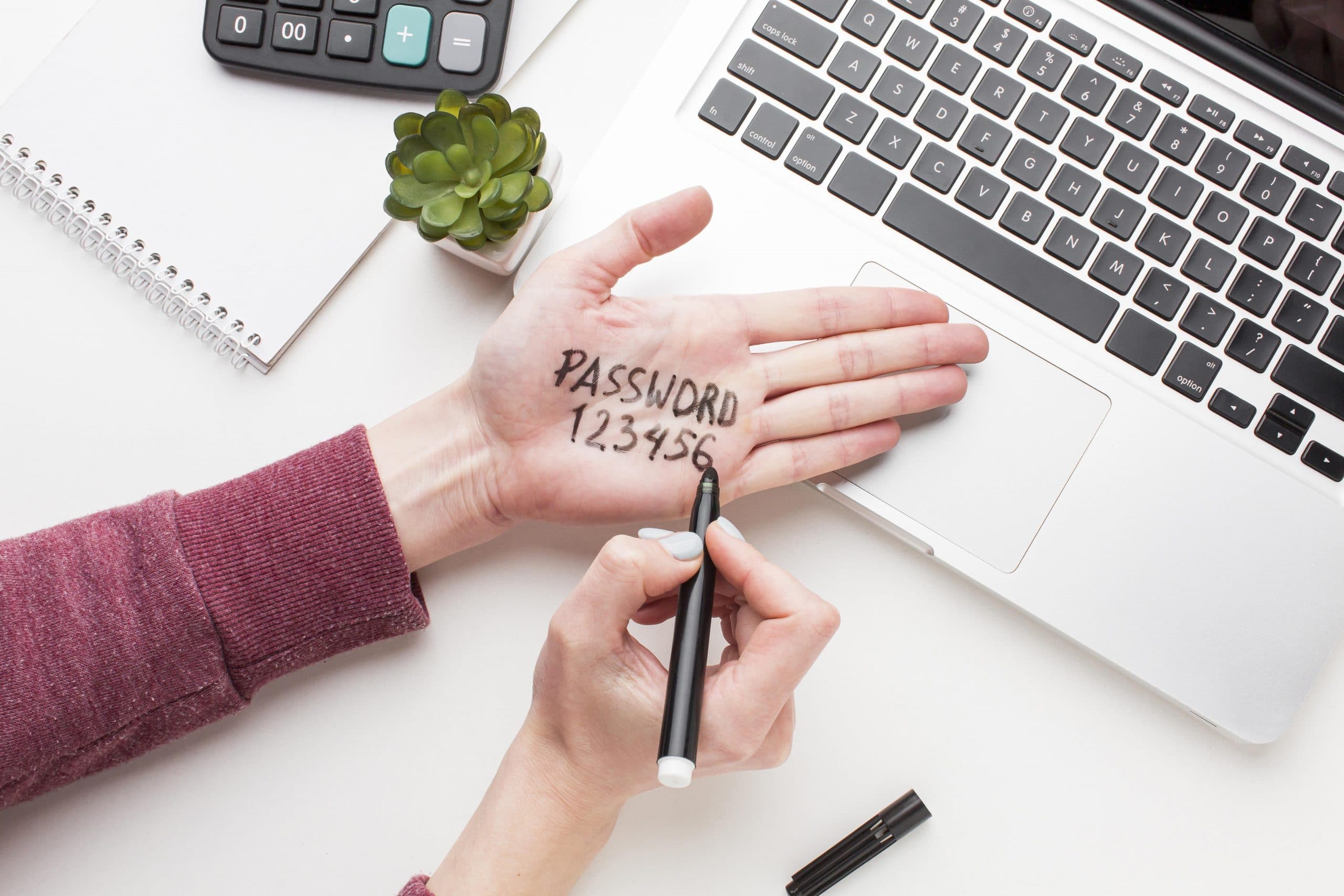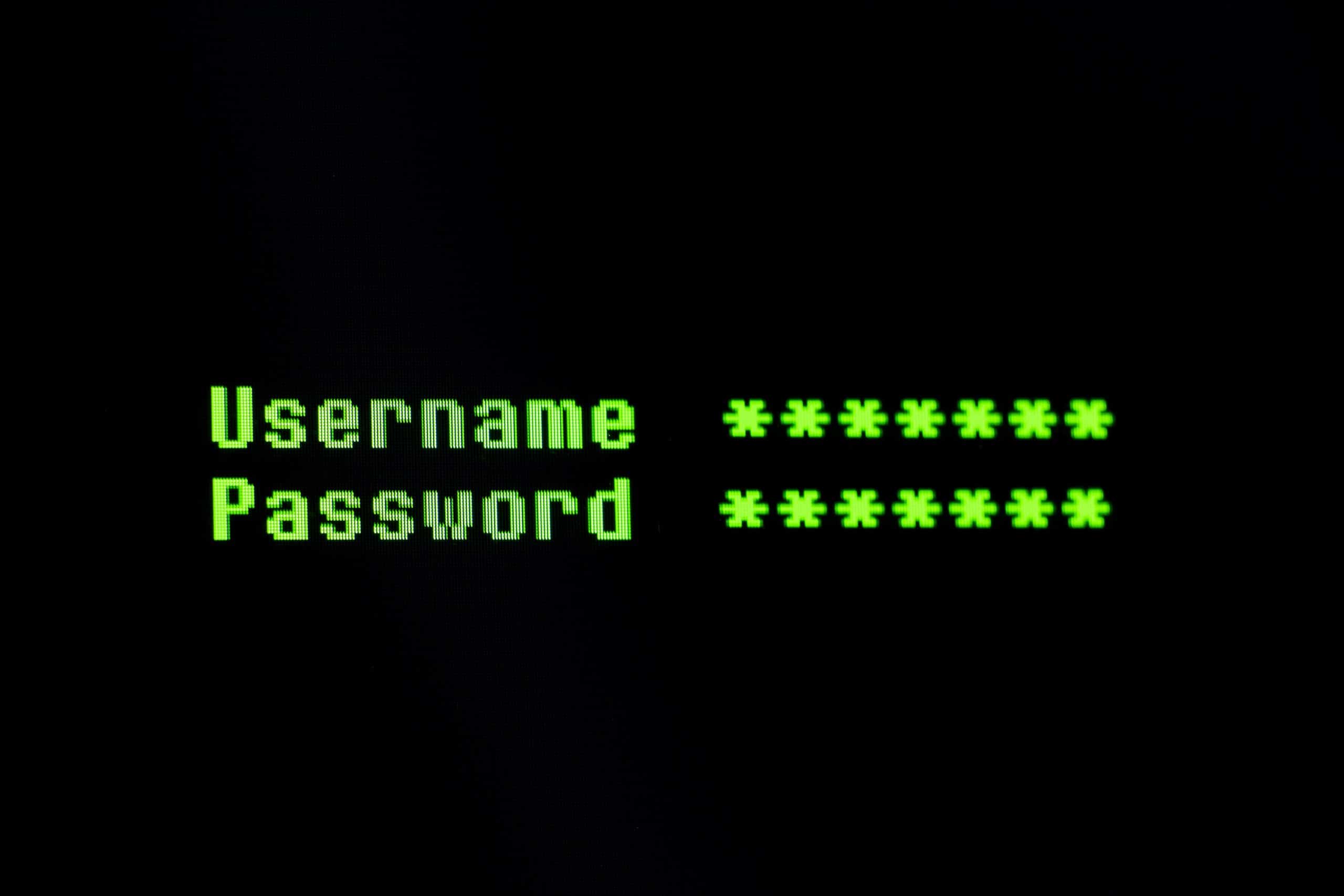The tech giants are backing a passwordless sign-in standard that would eliminate password logins altogether.
The sign-in standard was developed by the FIDO Alliance and the World Wide Web Consortium and is meant to enable users to effortlessly access their devices and platforms more securely.
“This milestone is a testament to the collaborative work being done across the industry to increase protection and eliminate outdated password-based authentication,” Google senior director Mark Risher said.
The good news is it would be very simple, and it doesn’t involve anything we don’t already use.
Instead of passwords, users would log in by verifying their fingerprint, face or entering a device PIN, the same methods they are using multiple times a day to access phones and other devices.
“The complete shift to a passwordless world will begin with consumers making it a natural part of their lives,” said Alex Simons, corporate vice president at Microsoft.
“Any viable solution must be safer, easier, and faster than the passwords and legacy multi-factor authentication methods used today.”

The use of default or weak passwords is recognised by law enforcement agencies as one the biggest facilitators of organised crime.
Experts believe this alternative would result in more security against phishing and a significant reduction in the risk of hacking and online identity theft.
“Working with the industry to establish new, more secure sign-in methods that offer better protection and eliminate the vulnerabilities of passwords is central to our commitment to building products that offer maximum security and a transparent user experience – all with the goal of keeping users’ personal information safe,” Apple senior director Kurt Knight said.
The momentum behind this comes at a time when cybercrime is rising across Australia.
67,500 cybercrime reports were recorded in 2021, almost a 13 per cent increase from the previous financial year, according to the Australian Cyber Security Centre.
The self-reported losses from cybercrime in Australia totalled more than $33 billion.






